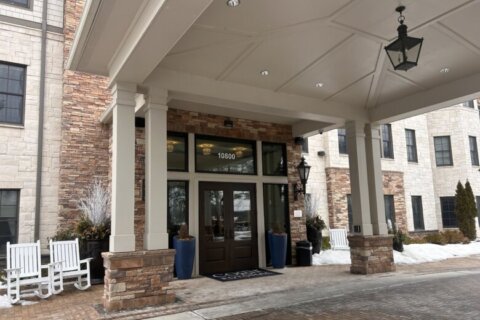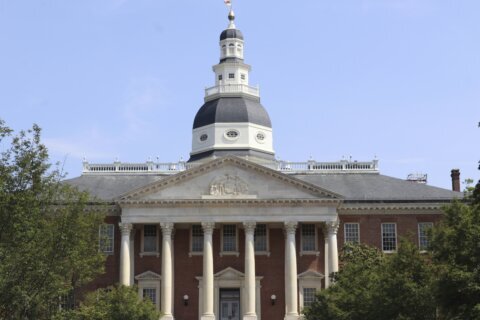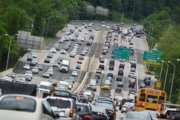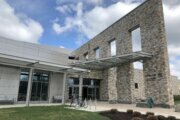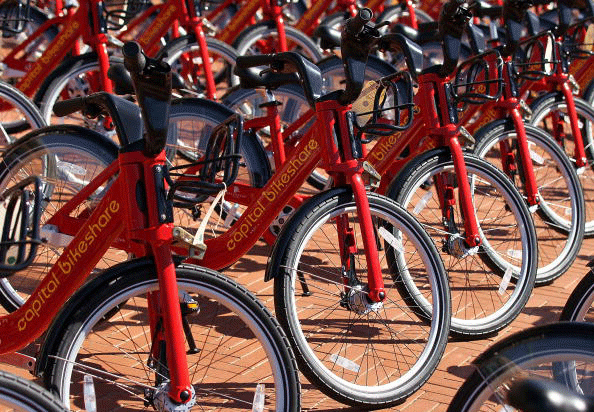
WASHINGTON — Four projects designed to help Maryland commuters travel without using their cars have been approved for federal grants by local planners.
The National Capital Region Transportation Planning Board voted Wednesday to select recipients of more than $1.2 million through the Federal Highway Administration’s Transportation Alternatives Program.
As for why a federal agency and a regional board are interested in having neighborhood sidewalks built, a local planner said it’s all about providing commuters seamless transportation options.
“Getting people from home to train to work, that … first mile, last mile connection is really important,” said John Swanson, principal transportation planner for the National Capital Region Transportation Planning Board. “We want to increase that — that is a regional challenge.”
One deciding factor in choosing grant recipients is making sure the money can be used effectively and pretty quickly.
“Not just good projects, but feasible projects where folks who receive this money can take it and run with it,” Swanson said.
These are the projects approved to receive federal assistance:
- Prince George’s County: Expand Capital Bikeshare — $222,841
- Montgomery County: 30 percent of the design plans for a sidewalk on the north side of Forest Glen Road to connect the Forest Glen Metro station with the Sligo Creek Trail and Sligo Creek Parkway, and provide a link to a planned tunnel under Georgia Avenue — $248,000
- City of Frederick: Design a multimodal trail along U.S. 40 to improve safety for pedestrians and bicyclists along the “Golden Mile” — $686,309
- City of Rockville: Study the feasibility of a path along Scott Drive and Veirs Drive between Wootton Parkway and Glen Mill Road — $60,000
Virginia projects chosen by the board to receive the federal grants were announced last April.
The application deadline for D.C. to submit its wish list for the planning board’s consideration is Aug. 15, with winning projects expected to be announced in October. Swanson said now is the time for people interested in specific projects to lobby D.C. leaders.
This story has been edited to clarify the role played by Maryland’s State Highway Administration.



